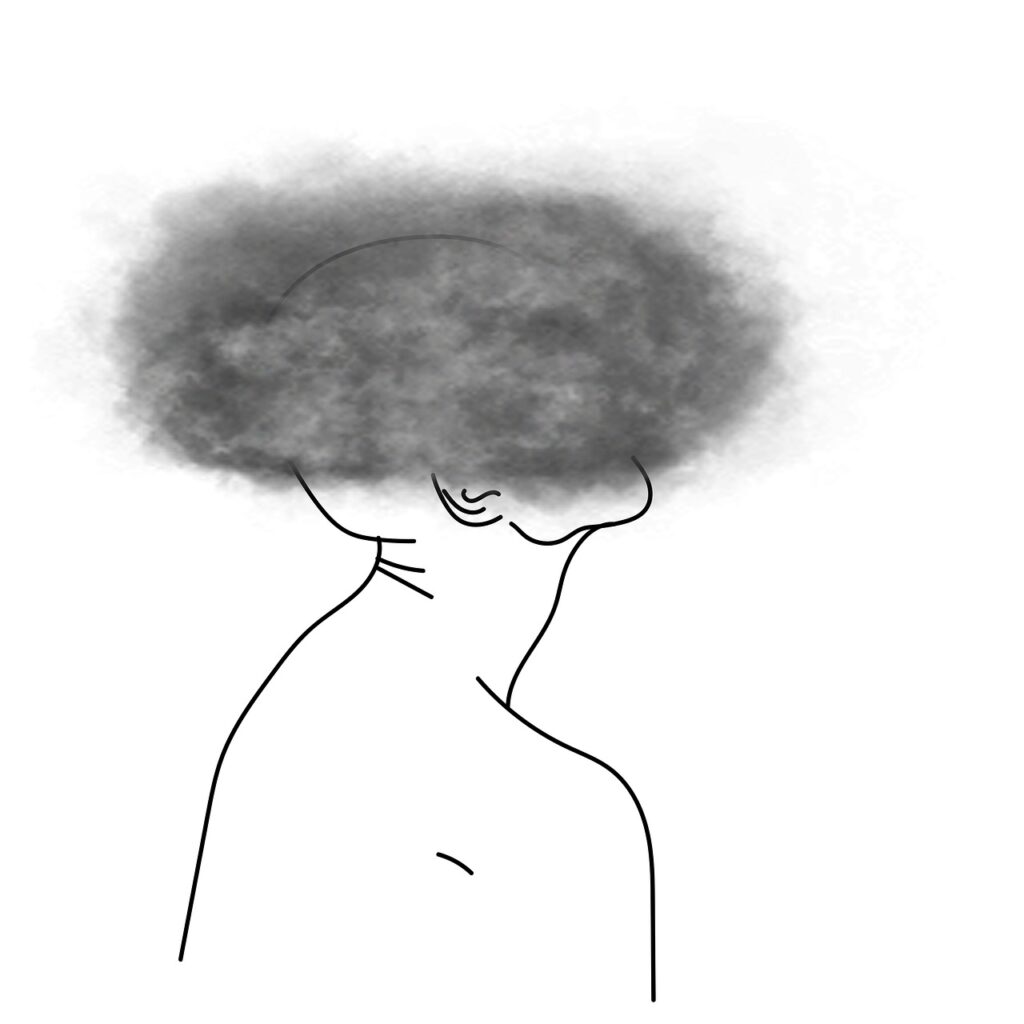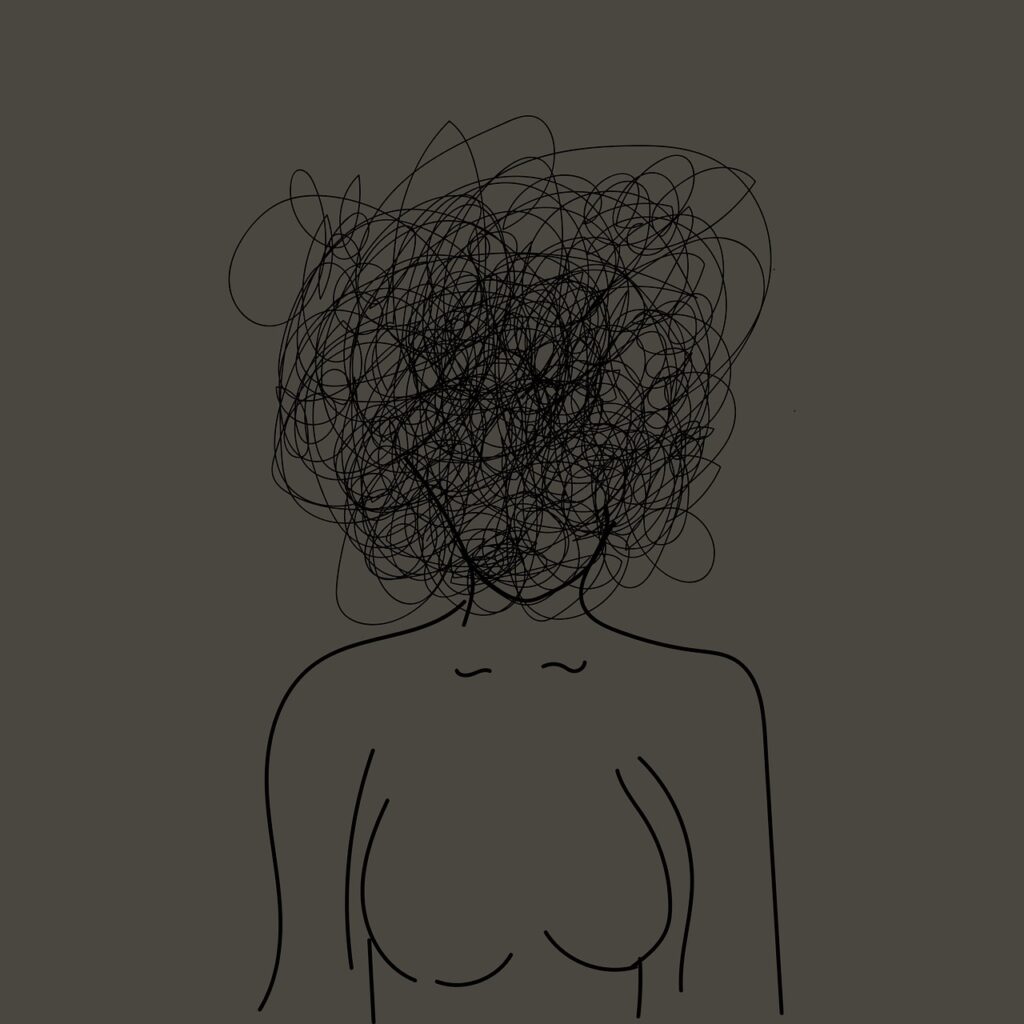The Different Types of PTSD
The source of the PTSD determines what category it may fall into. There are broadly three categories of this disorder.
The first one of which is combat related PTSD. It is generally faced by those who have been in a war situation and are tormented by those memories of fighting and torture.
The other type of PTSD is the acute stress disorder that happens almost immediately after the triggering incident. It can happen in the span of one to two months.
Lastly is the complex PTSD which could happen as a result of a series of events that have led to other psychological wellness issues as well as the development of PTSD.

What Leads to PTSD?
1. Natural Disasters
2. Physical Assault
3. Car Accidents
4. Sexual Assault
5. Combat
What Increases PTSD?
There could be many contributing factors to the increase of PTSD in a person. We could see a rise in the symptoms of this psychological or mental illness if the triggering events repeat themselves in front of the individual. Along with that if there is a hereditary or genetic connection to the condition then that also increases the chances. Some people also have a disposition to these sort of disorders due to the hormonal balance within their brain.
Certain personality types may also be more susceptible to disorders such a PTSD. However, one of the leading factors is the lack of support that the patients have from their family members. Many a times, family members are not ready to believe and acknowledge the psychological issues that their loved ones might face which exacerbates the condition.
The Signs and Symptoms of PTSD
It is often thought that as PTSD happens within one’s mind, therefore it’s symptoms also remain within one’s mind. However, it is not so as the symptoms very much present themselves as physical and emotional manifestations of the disorder.
One of the most common symptoms of this disorder is that the patient will re-experience their trauma. It could be in the form of dreams or in the form of flashbacks.
The persons suffering from this disorder will also try to avoid any one and everything related to their trauma or the event that has caused this trauma.
Further more it will be noticed that people with this disorder may also have a changed thought pattern. This basically means that instead of engaging in optimistic thoughts they may be focusing on more pessimistic thoughts.
Apart from all the signs and symptoms mentioned here, PTSD may effect different individuals differently depending on the source or the point of trigger. However, some symptoms which are common in all individuals are having difficulty while sleeping or getting anxious and nervous more quickly.
The Diagnostic Scale for PTSD
The DSM-5 consists of the following criteria for PTSD-
1. Exposure to a traumatic event
2. Intrusive symptoms
3. Avoidance
4. Negative mood change
5. Arousal Symptoms
Differential Diagnosis for PTSD
The first one on this list is going to be acute stress disorder because it does share some similarities with PTSD. However, on the other hand, while PTSD may happen even years later, ASD is almost an immediate reaction.
Second on the list is MDD or major depressive disorder. MDD basically focuses on a perpetual state of sadness. On the other hand, many with PTSD may not experience it for days if not months.
Next is GAD or generalized anxiety disorder. It is easy to misdiagnose PTSD for GAD as few of the salient features of GAD revolve around tension, nervousness and anxiety.
Panic disorder is one of the most common psychological wellness issues that is confused with PTSD. As the name suggests, panic disorder can be characterized by repeated panic attacks faced by the patient.
Last on the list is social anxiety disorder or SAD which basically refers to wanting to not be involved in social situations that would be comfortable to those not facing this disorder.
General Management of PTSD
It has long term been believed that PTSD can only be cured by a psychiatrist or a therapist. This is why many facing this disorder look for therapy options. Those who face symptoms on a daily basis and have severe PTSD may also look into prescription medicines.
However a new safe option on the block is homeopathy. There are many benefits to homeopathy, for example, there are no addictive qualities to it and so it is safe for everyone to consume. Homeopathy triggers the body’s own healing abilities. Lastly, homeopathy can also be customised to the needs of the patient unlike any other medicine.
Homeopathic Medicines for PTSD
1. Ignatia Amara: Used for PTSD with constant weeping and sorrow, especially after sudden shocks or grief; Helpful for those who suppress their emotions and may alternate between laughter and tears.
2. Natrum Muriaticum: Effective for PTSD caused by grief, fright, or anger, leading to irritability and a desire for solitude.
3. Kali Phosphorica: Recommended for PTSD with anxiety, nervousness, and lassitude, often triggered by stress and overexertion.
4. Staphysagria: Useful for PTSD characterized by violent outbursts of passion, sensitivity to others’ opinions, and a preference for solitude; Considered for individuals who have experienced sexual or emotional abuse and may have repressed anger and indignation.

To Conclude
Finally, we must come to the conclusion that PTSD is not such a condition that cannot be treated even though there is a lot of stigma and taboo around it. But we know that this stigma is present around all mental health issues and that is why it is imperative that we remain in dialogue about it in order to spread awareness and reach all those people who need our help and support.
If you notice the people around you, such as your friends and family, are facing these issues then please help them by organising a meeting between them and a mental health professional. It is also important to note that all homeopathic medicines must be administered under the guidance of a certified homeopathic doctor. Remember that there is always someone with you on your journey to getting better.
Reach out to us for a Consultation
For any queries, reach out to us at contact@homeopathic.ai
This blog is for information purposes. It’s crucial to note that while homeopathy is a centuries-old practice with many adherents worldwide, always consult a qualified homeopath or medical professional before initiating any treatment.





